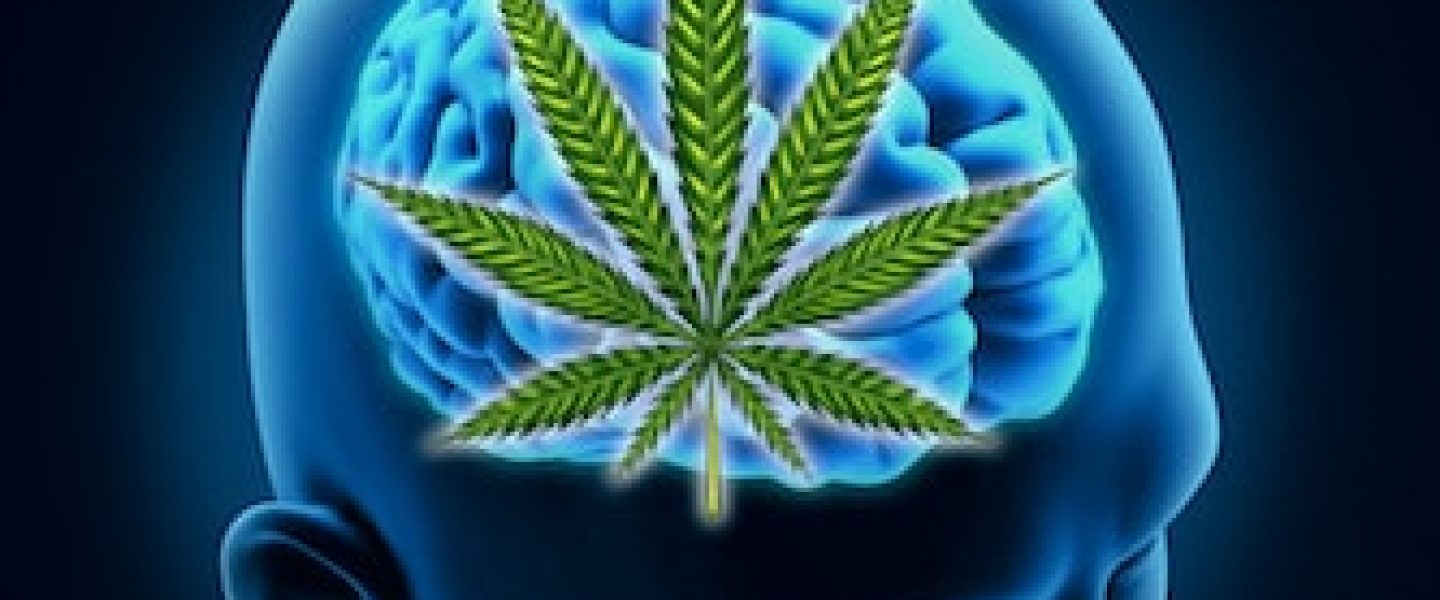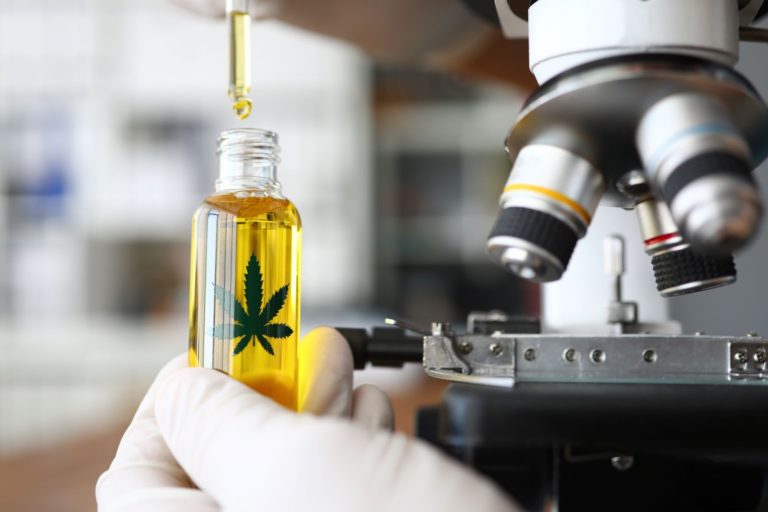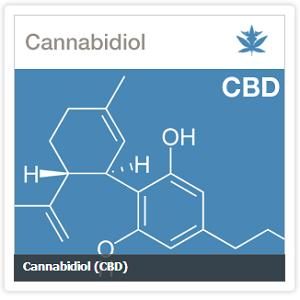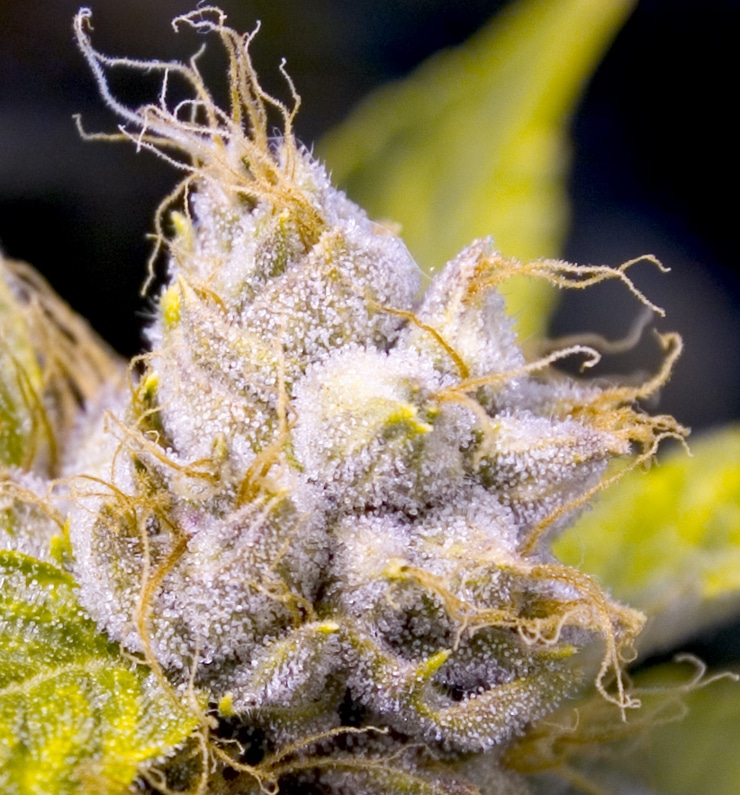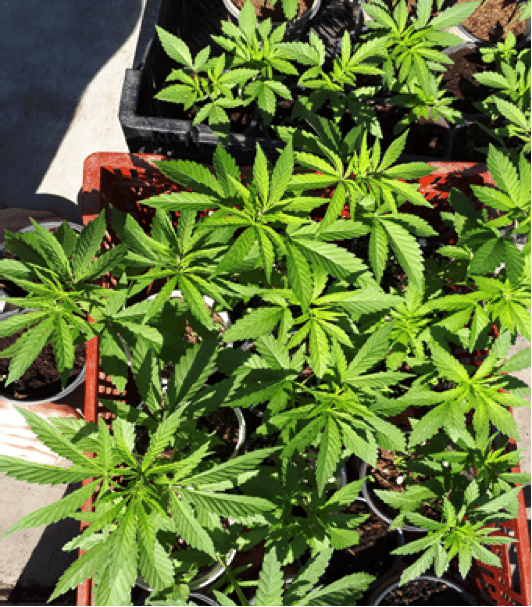Controversy has surrounded the topic of cannabis and the brain for decades now, but has been coming the forefront of conversation as more states vote to legalize and regulate cannabis across America.
Research on this subject dates all the way to the 1960s when a physician by the name of Dr. Lester Grinspoon came to the conclusion that many of the so-called dangers of this plant were both hyped and unfounded. Through his work, he concluded that cannabis was, in fact, a remarkably safe substance, at least for adults.
Current research on this topic that has delved even deeper has come out to support what cannabis can do for the brain, particularly in the area of medicine.
Recently, as a part of the Oregon Health and Science University Brain Institute’s series of educational lectures about the brain, Dr. Nephi Stella, PhD, a professor in the departments of Pharmacology and Psychiatry & Behavioral Sciences at the University of Washington and founder of Stella Therapeutics, spoke about cannabis and the brain. Dr. Stella is researching how the bioactive components devoid of drug abuse properties produced by Cannabis Sativa can be used to treat neurodegenerative diseases.
Dr. Stella’s lecture largely focused on the methods for drug discovery and development regarding cannabis, particularly for treating epilepsy and seizures as well as brain tumors. He explained everything from original evidence, current medical treatments available, preclinical models with Cannabidiol (CBD), and what is happening now in terms of medical research.
He also told the crowd that we are seeing efficacy with cannabis in treating other cancers, and that the preclinical models being done are showing evidence of cancer killing activity by the plant. He explained that he wants to create “a super cannabinoid to kill tumor cells.”
Dr. Stella also made it clear that consumption of THC is damaging to young people and children, and that, in terms of the states where cannabis has been legalized recreationally, “we’re living a huge experiment,” and stressed the importance of monitoring the substance. However, he also talked about how, after the age of 25, consuming THC is “not so bad and can even be beneficial as you grow older.”
Currently, even the National Institute on Drug Abuse (NIDA) even states that CBD “may be useful in reducing pain and inflammation, controlling epileptic seizures, and possibly even treating mental illness and addictions.” The NIDA site also explains that “recent animal studies have shown that marijuana extracts may help kill certain cancer cells and reduce the size of others. Evidence from one cell culture study suggests that purified extracts from whole-plant marijuana can slow the growth of cancer cells from one of the most serious types of brain tumors. ”
We must be aware, however, that cannabis is still listed as a Schedule I substance under the U.S. Federal Government’s Controlled Substance Act. Until we are able to deschedule cannabis, we are unable to get FDA approved research on the topic of cannabis and the brain, or any topic where cannabis is involved for that matter. There is a limited amount of research we can do right now, and only researchers like Dr. Nephi Stella who have private funding and are in legalized states are able to do so.
In the closing of his lecture, Dr. Stella said he would “like to try and crack the code,” to find out how this plant can help so many people in so many ways, and we whole heartedly support him in that.


